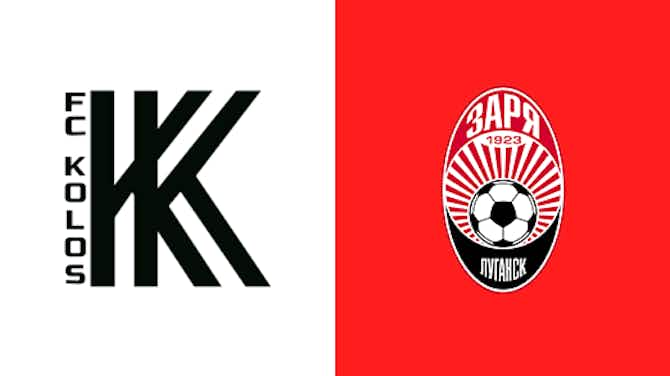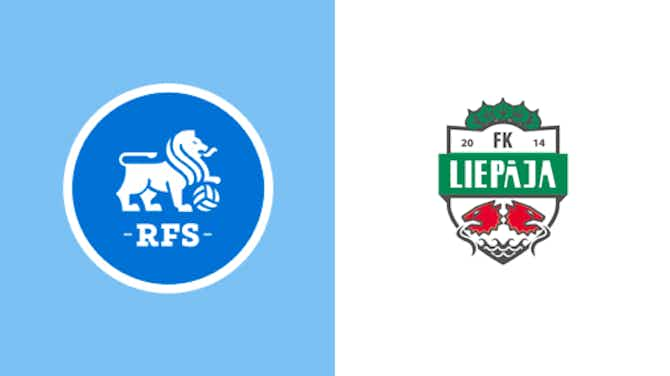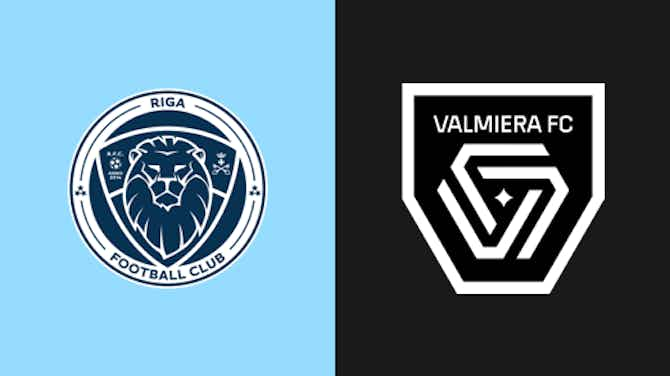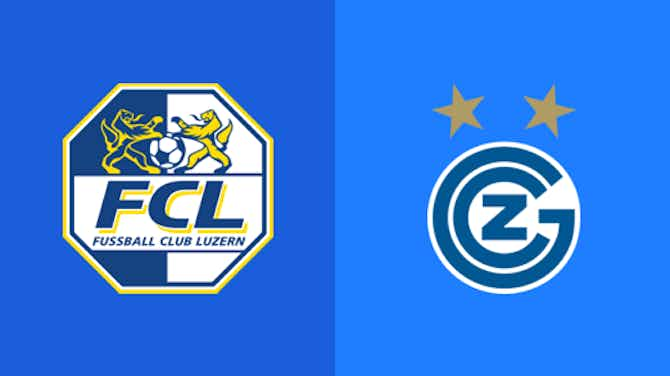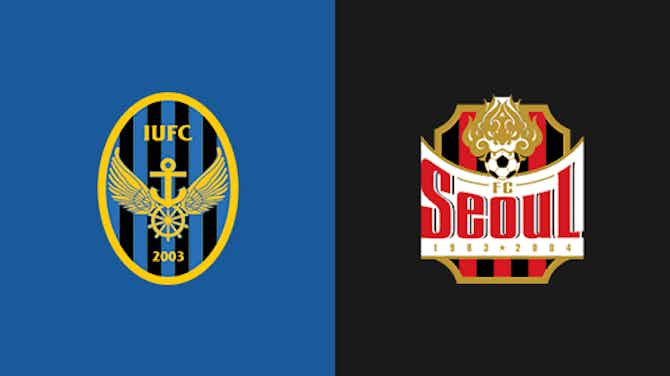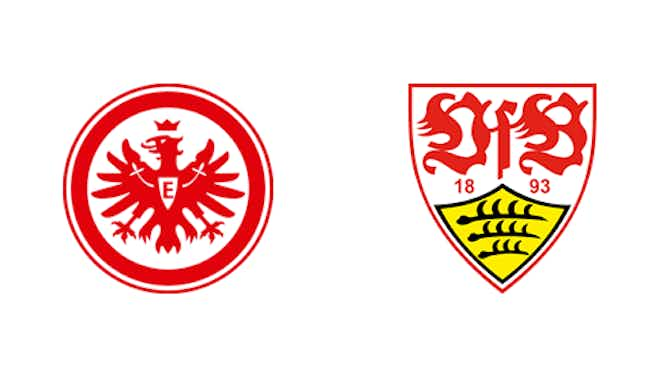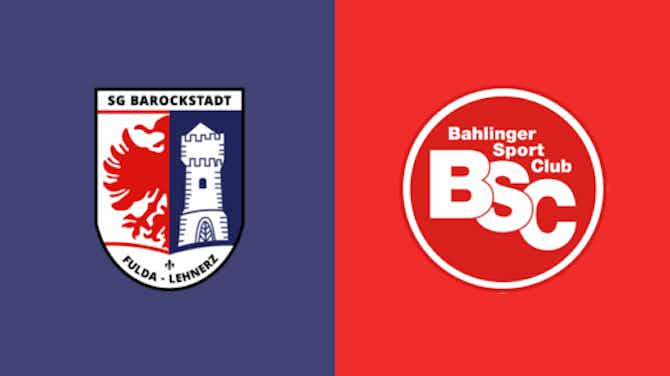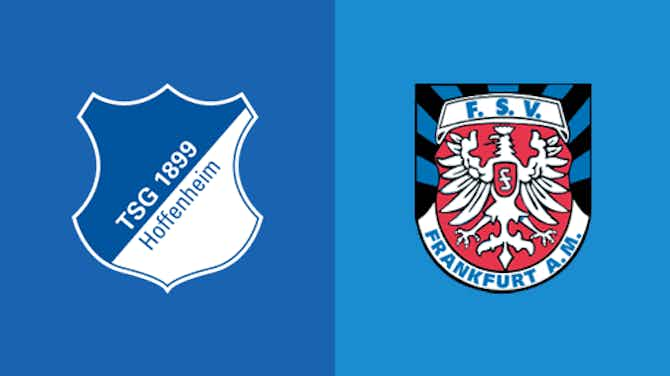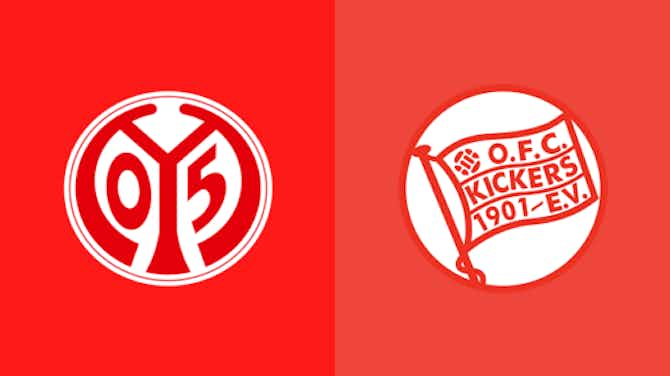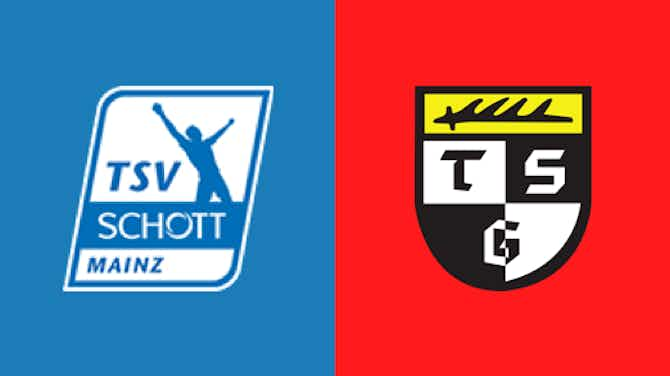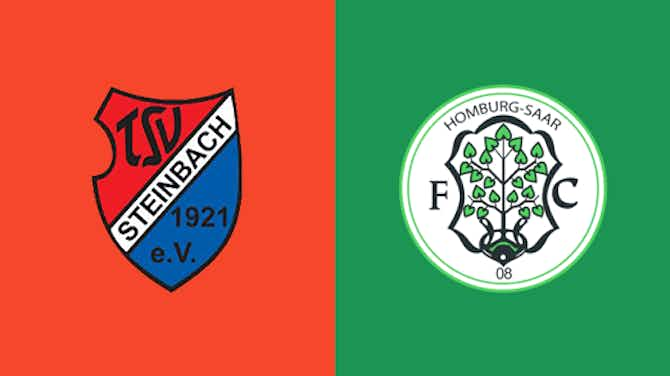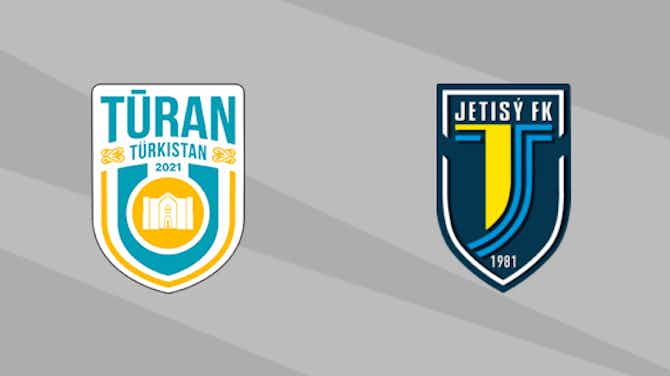Planet Football
·27 June 2023
Juan Roman Riquelme once broke the space-time continuum with an obscene pass
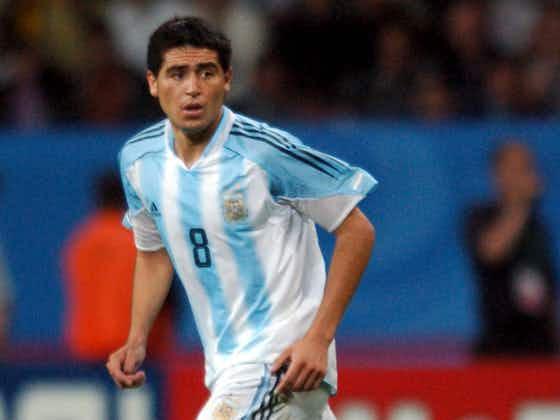
Planet Football
·27 June 2023

Few, if any, footballers could break through defensive lines quite like Juan Roman Riquelme. The weight and angles of his through balls should have been enough to inspire an art movement.
Dadaism? Cubism? Futurism? No thanks, it’s Riquelmeism for us.
“Riquelme’s pass is sweeter than a mother’s kiss,” once remarked famously rhapsodic commentator Ray Hudson.
Hudson could’ve been described a hundred different Riquelme passes, but it’s best applied to his physics-defying through ball that split open Colombia’s backline in a 2006 World Cup qualifier.
One of the great pre-assists, Riquelme’s ball into Luciano Galletti was ultimately the one moment of quality that settled the match between Argentina and Colombia that night at the Monumental.
Colombia’s backline had been breached, and one simple square ball later Hernan Crespo had a simple finish from the edge of the six-yard box. The entire move was about the pass before the pass.
This was Riquelme at the peak of his mercurial powers. Increasingly playing a pivotal role for Argentina after years in the wilderness ignored by Marcelo Bielsa.
Riquelme had been left out of the Albiceleste’s squad for the 2002 World Cup and Copa America 2004, despite having proven himself a once-in-a-generation talent with back-to-back Copa Libertadores triumphs with Boca Juniors and a career-defining individual display in a Club World Club victory over Real Madrid.
It’s thought that Bielsa regarded the playmaker’s effervescence and lack of physical engine as anathema to his trademark pressing, collective-focused approach. Louis van Gaal evidently thought the same at Barcelona.
But come the mid-2000s, those years of frustration had come to an end. At club level Riquelme had left Barcelona for Villarreal and was thriving in his new environment as a creative talisman for Manuel Pellegrini’s Yellow Submarine, starring in an enchanting team that also featured a young Santi Cazorla.
And at international level, Bielsa’s successor Jose Pekerman had provided a stage for a classic Argentinian No.10 to demonstrate his brilliance. Come the new cycle – the 2005 Confederations Cup, 2006 World Cup and 2007 Copa America – Riquelme had the bit between his teeth to make up for lost time.
“In this sense Riquelme is a rebel and there are not enough rebels like him around,” Pekerman said ahead of the 2006 World Cup.
“You can make people run faster, get them to pressure the other side, alter the strategy…but one thing that never changes is the vision. You don’t need to run quickly to have this.
“I always thought he would be a success because he was a good footballer who stuck to his principles.”
Riquelme had developed his skills under Pekerman for Argentina’s Under-20s as they won the Under-20 World Cup in 1997.
The coach recognised that Riquelme was a great artist, and that great artists will always deserve backing.
He’s regarded as one of the great Argentinian players not because of what he won or how many goals and assists he registered. You’ll never understand Riquelme if you try and distil his game down to such basic elements.
“Don’t write about him, don’t try to describe him, just watch him,” Pep Guardiola once said of another great Argentinian No.10 – Lionel Messi.
The same is true of Riquelme, who defied physics and mathematics with his passes.
